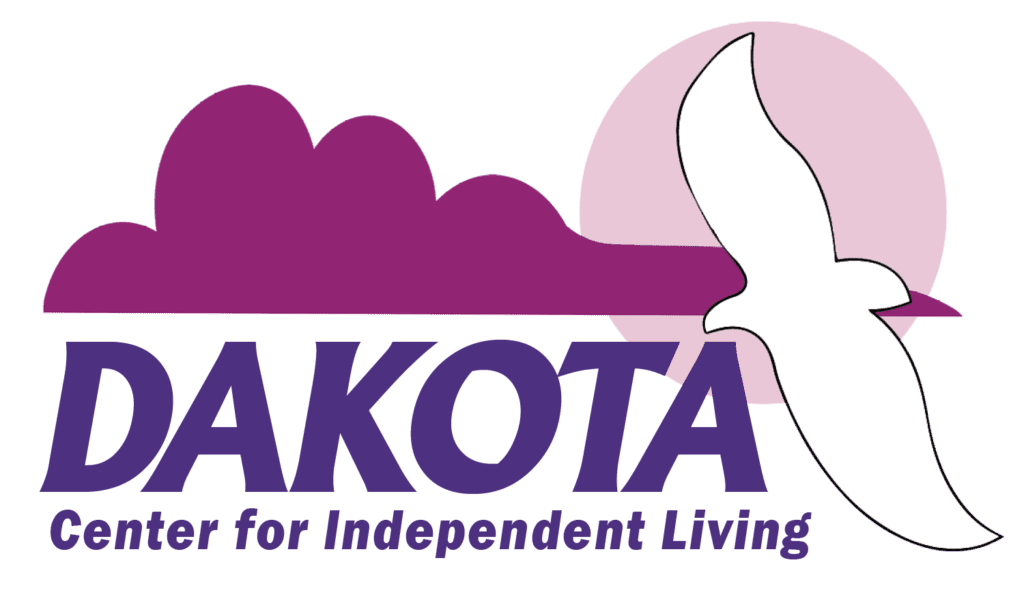June is Tourette Syndrome Awareness Month. People living with Tourette Syndrome are so much more than a hackneyed joke. We are mothers, fathers, children, educators, award-winning journalists, Olympic Gold medalists, professional athletes, actors, rising pop musicians, authors, producers, and so much more. We are a community of equal, exceptional individuals who should not be defined by tics.
Now, more than ever, we need to band together and speak out, educate and inspire others to be more open-minded and break free of the stigmas that surround this disorder. It is time to get rid of the stereotypes, and to stop using Tourette as an excuse, slur or punchline. It is time to recognize that Tourette Syndrome is a medical condition: a neurodevelopmental disorder – and that underneath the uncontrollable symptoms are children and adults – human beings with hopes, dreams and feelings.
Tourette syndrome occurs along a spectrum—that is, its severity ranges from mild to severe. The majority of cases are mild and require no treatment; the impact may be so mild that casual observers might not realize the person has Tourette’s. Most people with Tourette syndrome lead productive lives with no barriers to personal or professional achievement. Intelligence and lifespan are normal and the overall prognosis is positive, although a minority of people with Tourette’s have severe symptoms that persist into adulthood.
There’s no cure for Tourette syndrome. Treatment is aimed at controlling tics that interfere with everyday activities and functioning. When tics aren’t severe, treatment might not be n
June is Tourette Syndrome Awareness Month. People living with Tourette Syndrome are so much more than a hackneyed joke. We are mothers, fathers, children, educators, award-winning journalists, Olympic Gold medalists, professional athletes, actors, rising pop musicians, authors, producers, and so much more. We are a community of equal, exceptional individuals who should not be defined by tics.
Now, more than ever, we need to band together and speak out, educate and inspire others to be more open-minded and break free of the stigmas that surround this disorder. It is time to get rid of the stereotypes, and to stop using Tourette as an excuse, slur or punchline. It is time to recognize that Tourette Syndrome is a medical condition: a neurodevelopmental disorder – and that underneath the uncontrollable symptoms are children and adults – human beings with hopes, dreams and feelings.
Tourette syndrome occurs along a spectrum—that is, its severity ranges from mild to severe. The majority of cases are mild and require no treatment; the impact may be so mild that casual observers might not realize the person has Tourette’s. Most people with Tourette syndrome lead productive lives with no barriers to personal or professional achievement. Intelligence and lifespan are normal and the overall prognosis is positive, although a minority of people with Tourette’s have severe symptoms that persist into adulthood.
There’s no cure for Tourette syndrome. Treatment is aimed at controlling tics that interfere with everyday activities and functioning. When tics aren’t severe, treatment might not be necessary.
There are medications to help control tics or reduce symptoms of related conditions. There are also different types of therapies that are safe and effective treatments for Tourette syndrome.
More information can be found on the Mayo Clinic’s website at: https://www.mayoclinic.org/diseases-conditions/tourette-syndrome/diagnosis-treatment/drc-20350470

